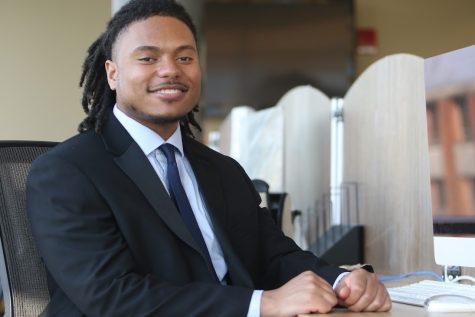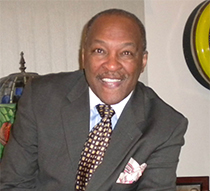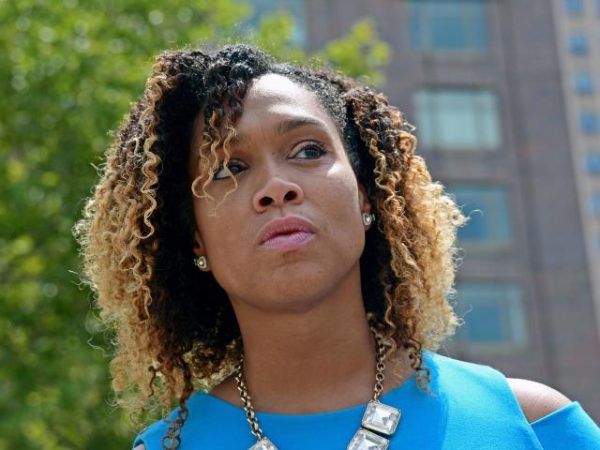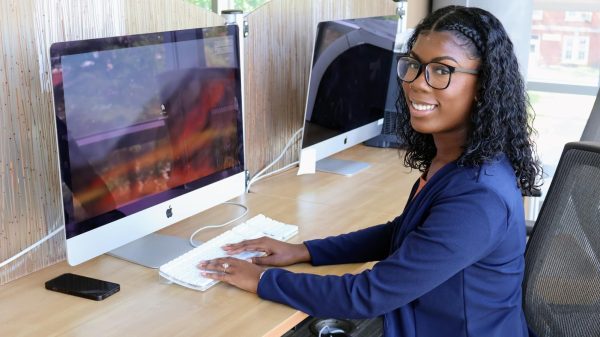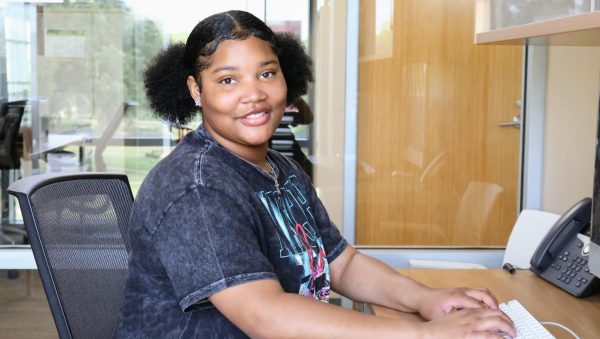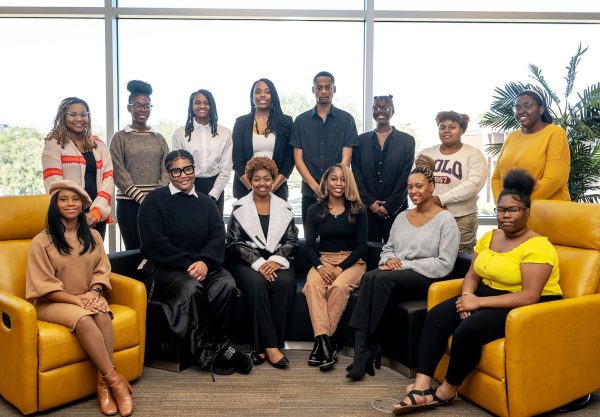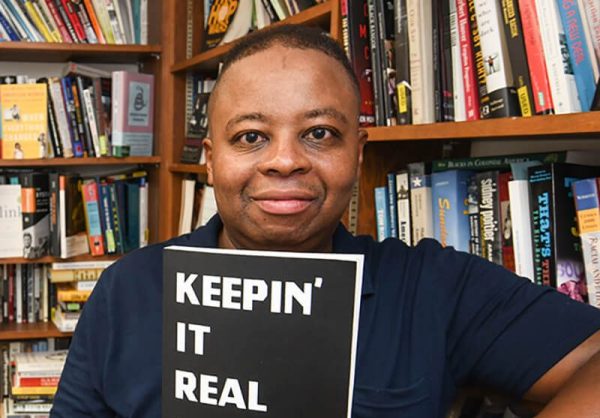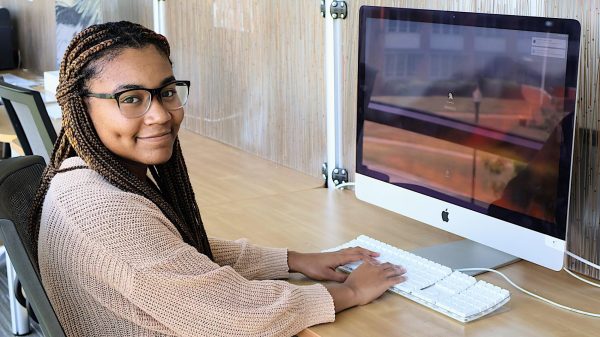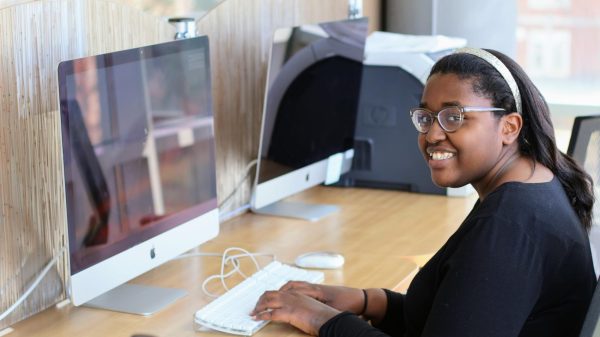Are HBCUs preparing their students the right way?
January 28, 2023
One of the main purposes for students pursuing higher education is to earn a degree and be prepared for their postgraduate careers. This is especially true for historically Black colleges and universities (HBCUs), as they play a key role in doing this for Black students. My question is do HBCUs prepare their students appropriately compared to other institutions?
According to UNCF.org, “Though HBCUs make up only three percent of the country’s colleges and universities, they enroll 10% of all African American students and produce almost 20% of all African American graduates.” Those numbers reflect how much influence HBCUs have on the preparation of Black graduates as they step into the workforce.
As minorities, Black students that attend HBCUs will have to face an outside world that looks vastly different from the campuses they call home. It is the job of those institutions to ensure that their students are ready for those challenges. For them to be best prepared, there has to be a level of competitiveness in academia.
Students should be required to do more than the bare minimum. They should desire to excel in the classroom, not just get by. They should be challenged in every aspect of their academic careers. There should be no surprise when the workforce treats them differently because of their skin color. That is an unfortunate reality that all of us will face one way or another. We should be as prepared as possible to combat any adversity we encounter.
HBCUs should be synonymous with excellence, not the stereotypical “party school” notion that invades so many people’s minds when they hear an HBCU mentioned. If this is not the case, graduates of these respective HBCUs will have nothing to show for their degrees because they could not compete against the best or at the very least, their white counterparts. Not only do Black graduates need to be competitive, but they also need to strive to be in leadership positions. That idea needs to be reinforced by their institutions.
Do not get me wrong, HBCUs do some good work in getting their graduates to the next level. According to a five-year study done by LinkedIn Economic Graph Research and Insights, the hiring rate for HBCU graduates rose to 5.9% from 2016 through 2019. This was in stark contrast to the 1.3% average growth rate for those with bachelor’s degrees from non-HBCU schools. Education and public administration are the two areas where HBCU graduates have excelled with a 16% to 12% disparity between HBCU alumni and other institutions for education and 6.3% vs 3.2% in public administration.
To me, these statistics show a need for better preparation and resources for other majors. STEM majors are still underrepresented in the workforce, with only 6.2% of HBCU graduates ending up on tech career paths. This low percentage is shocking despite Black STEM graduates accounting for “30% of all bachelor degrees at HBCUs,” according to afrotech.com. It is also shocking because of several standout STEM programs at HBCUs like Grambling State University (computer science) and North Carolina Agricultural and Mechanical University (engineering).
I can only speak on my experiences at Alabama State University, more specifically in the communications department. This department can be telling of just how much the university prepares its students because so many of those who graduate from the program are working to be in front of cameras or places where their names will be on credits or billboards. With that being said that is not the case for the majority of the university’s graduates, at least not as many as it should be. Because of a curriculum that is less rigorous than those of other institutions, students that get their degrees are not as prepared to do the jobs as they should be. Some do not limit themselves to just the university’s curriculum.
Ja Nai Wright, a 2020 alumna, has been a consistent presence as a reporter/multimedia journalist for Alabama News Network. She has been adamant about the need for improved preparation in the department based on her own experiences of having to teach herself certain things outside of the classroom to get to where she is now.
I believe this type of mindset can and should be applied to the university as a whole. We as a university have to raise our standards for the betterment of the students. We should be mentioned with HBCUs like Howard, Spelman and Moorehouse when talking about the excellence of HBCUs. That should be the goal.
As for HBCUs as a whole, we need to take an honest and deep look at what we are doing to prepare our students for the next chapter of their lives in the workforce. Without enforcing competitiveness and understanding the odds are against us due to our race, HBCUs graduates will not be appropriately prepared for their future careers in the workforce.



